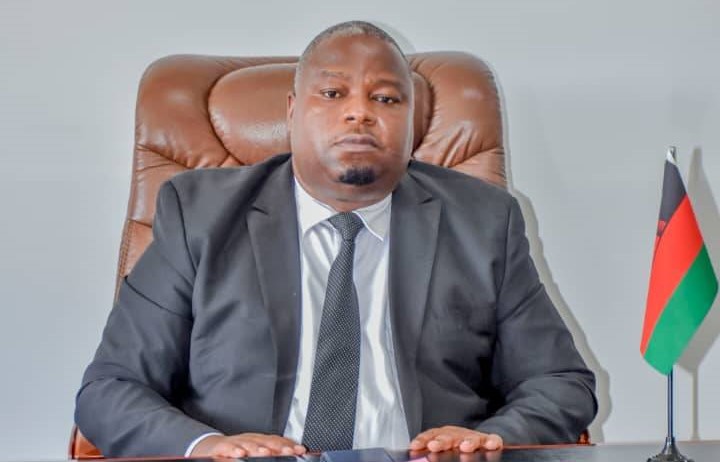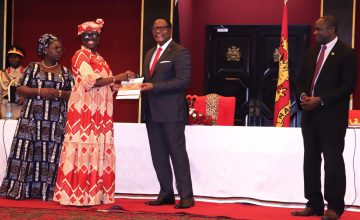Economy is bad—survey
Nine in 10 Malawians believe the Tonse Alliance administration has done a bad job in managing the economy amid worsening poverty levels and unemployment, findings of an Afrobarometer survey show.
In a report titled ‘Amid economic gloom, few Malawians hold hope for improvement’ released last week, the pan-African, non-partisan survey research network said 89 percent of the sampled respondents, believe the economy is in the “wrong direction”, a 30 percentage point jump from 59 percent recorded in 2012.
The report further observed that 16 percent of Malawians believed the situation would get better within the next 12 months while 63 percent expect things to worsen over the same period.
Reads the survey report: “More than eight in 10 say the government has performed ‘fairly badly’ or ‘very badly’ on overall management of the economy [85 percent] as well as on keeping prices stable [95 percent], narrowing gaps between rich and poor [86 percent], improving living standards of the poor [83 percent] and creating jobs [83 percent].”
The report comes at a time the economy is yet to recover from multiple exogenous shocks such as the Covid-19 pandemic, impact of the Russia-Ukraine war on global supply chains and Cyclone Freddy which destroyed farmlands in some parts of the Southern Region.

In the report, Afrobarometer notes that the external shocks plunged sections of Malawians into poverty.
At least 74 percent of 1 200 people surveyed in 2022 reported that their living conditions were either “very bad” or “fairly bad”, it said.
According to the report, 37 percent of the people said they experienced high-lived poverty, an index used to assess deprivation based on the frequency with which households go without five basic life necessities, namely enough food, clean water, medical care, cooking fuel and cash income.
“Another 38 percent experienced moderate lived poverty while only four percent of citizens were free of lived poverty, meaning they suffered no shortages of these five necessities,”reads the report.
Findings of the survey also coincide with an assessment done by the World Bank that poverty levels in Malawi have risen by more than 70 percent following a decline in the availability of casual and/or menial labour, popularly known as ganyu.
Commenting on the findings, University of Malawi political analyst Ernest Thindwa said people are losing trust in the government because there is a general lack of transparency from the political leadership on how it is managing the public service in terms of service delivery and recruitments.
In a telephone interview yesterday, he said: “People are losing trust in different aspects of government. Service delivery in public institutions such as immigration, road traffic and utility companies is very poor. People are also dissatisfied with employment in the public sector. These are the issues that lead to a loss in public confidence.”
Youth and Society executive director Charles Kajoloweka said people are losing trust because the political leadership at Capital Hill cannot present clear strategies on how they are going to address unemployment and the rising cost of living.
To resolve the loss of confidence, he suggested that the government should focus on presenting clear communication on how it is going to resolve the challenges.
Said Kajoloweka: “The government should also demonstrate that it is working to address the people’s suffering. It should be clear how it is going to implement the public sector reforms to address the inefficiencies in the public sector.”
Afrobarometer has been conducting public attitude surveys on democracy, governance, the economy and society since 1999.
Its survey findings come barely weeks after the Episcopal Conference of Malawi stated in a pastoral letter titled ‘The sad story of Malawi’ that lack of visionary leadership, corruption and a failed judicial system have stalled development and let down Malawians now grappling with a myriad of socio-economic challenges.
On his part, Centre for Social Accountability and Transparency executive director Willy Kambwandira said the government should also show its commitment to austerity measures that President Lazarus Chakwera announced last year.





